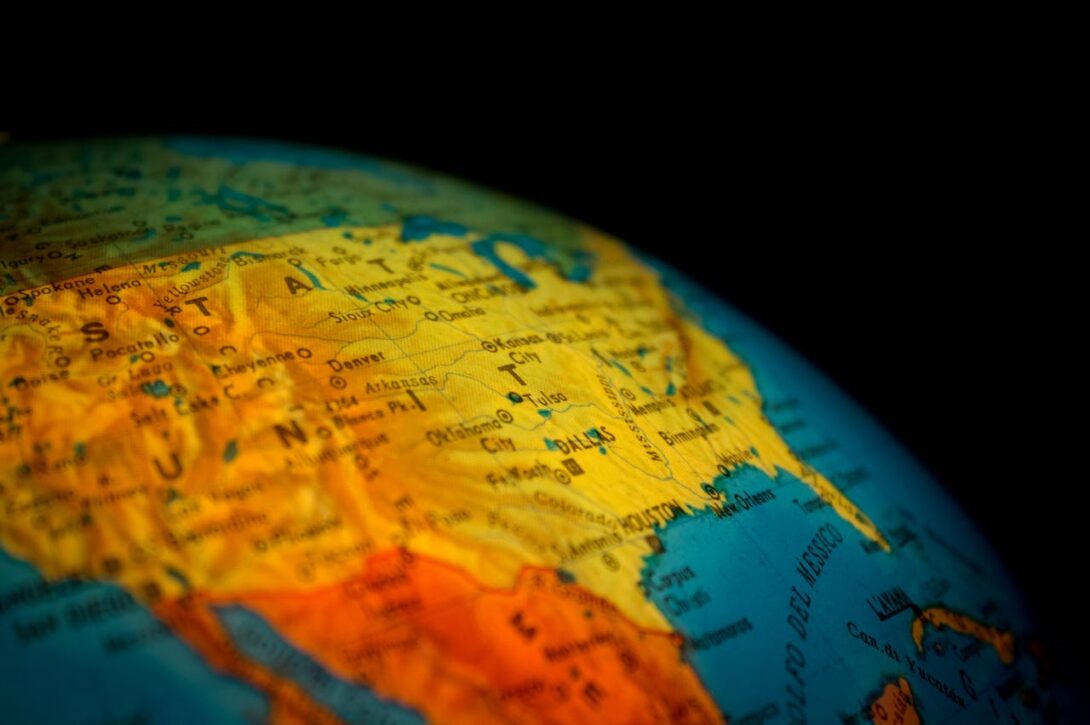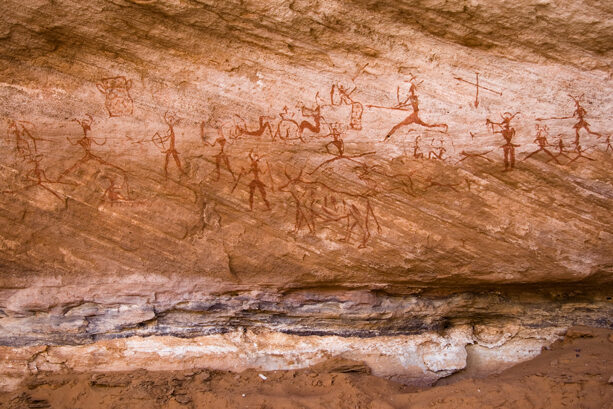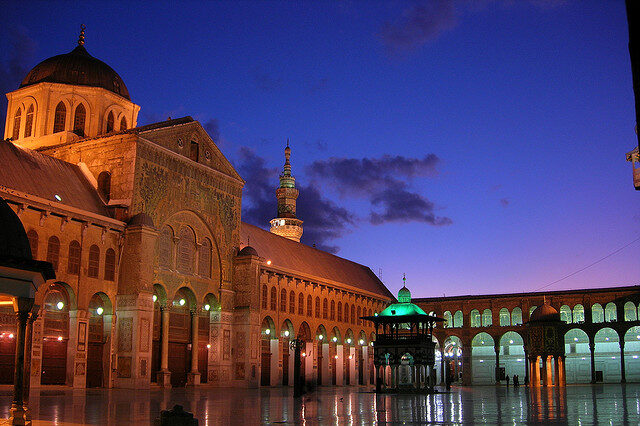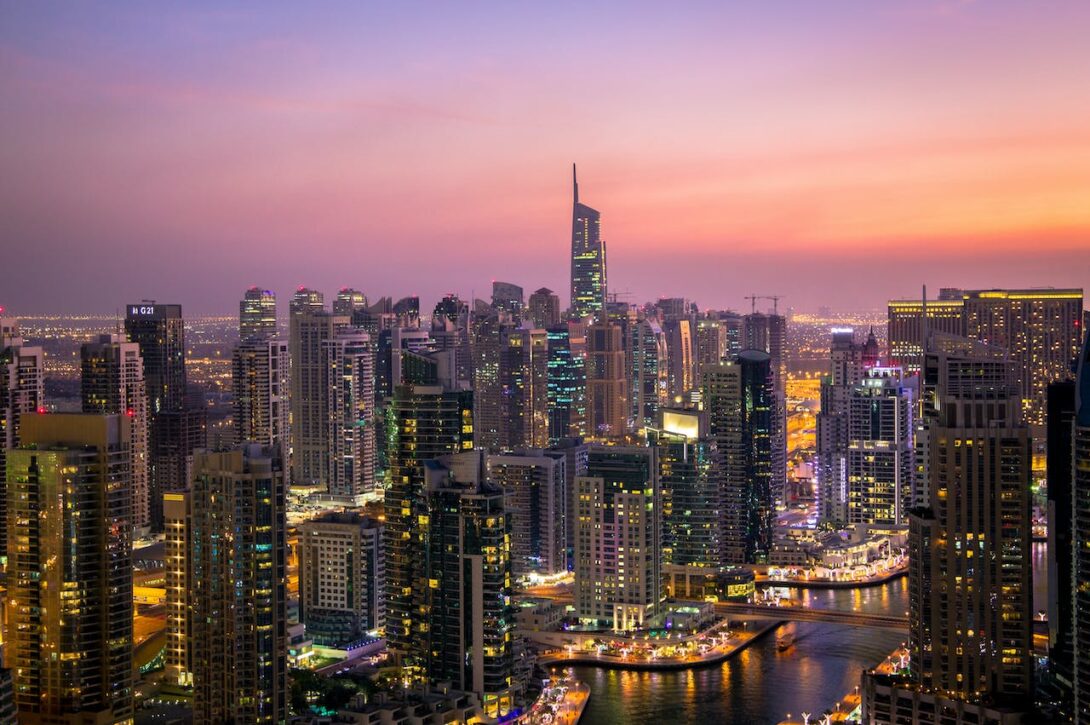Tag: MENA-Wikipedia
All topics
-

What explains the worldwide patterns in user-generated geographical content?
As geographic content and geospatial information becomes increasingly integral to our everyday lives, places that…
-

What is stopping greater representation of the MENA region?
Negotiating the wider politics of Wikipedia can be a daunting task, particularly when in it…
-

How well represented is the MENA region in Wikipedia?
There are more Wikipedia articles in English than Arabic about almost every Arabic speaking country…
-

The sum of (some) human knowledge: Wikipedia and representation in the Arab World
Arabic is one of the least represented major world languages on Wikipedia: few languages have…

